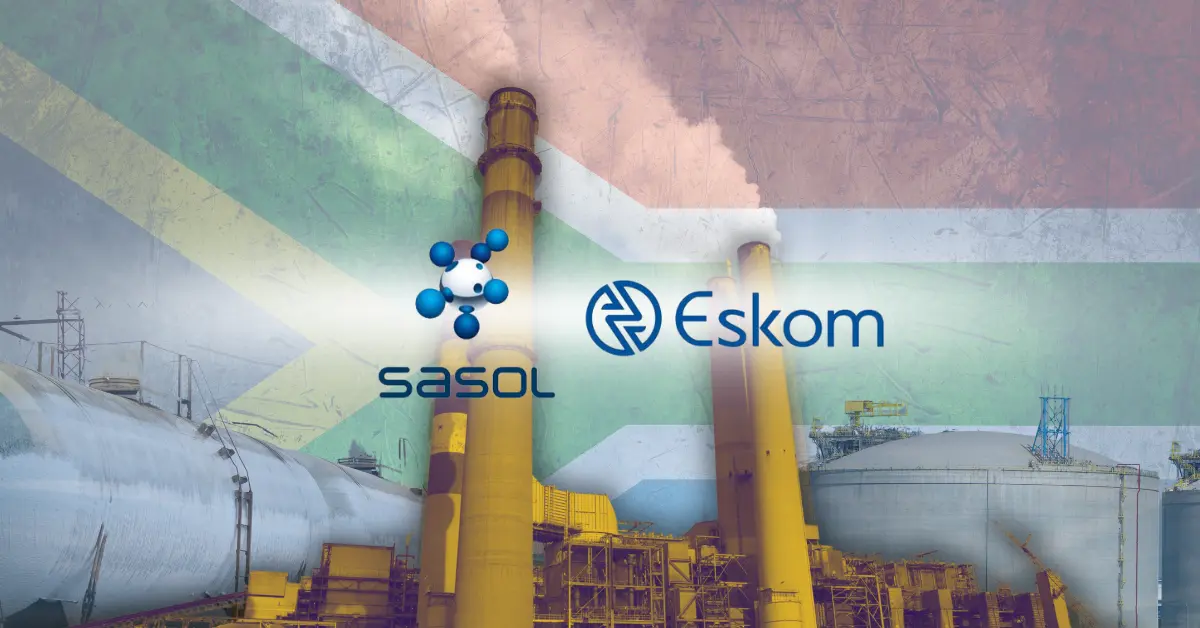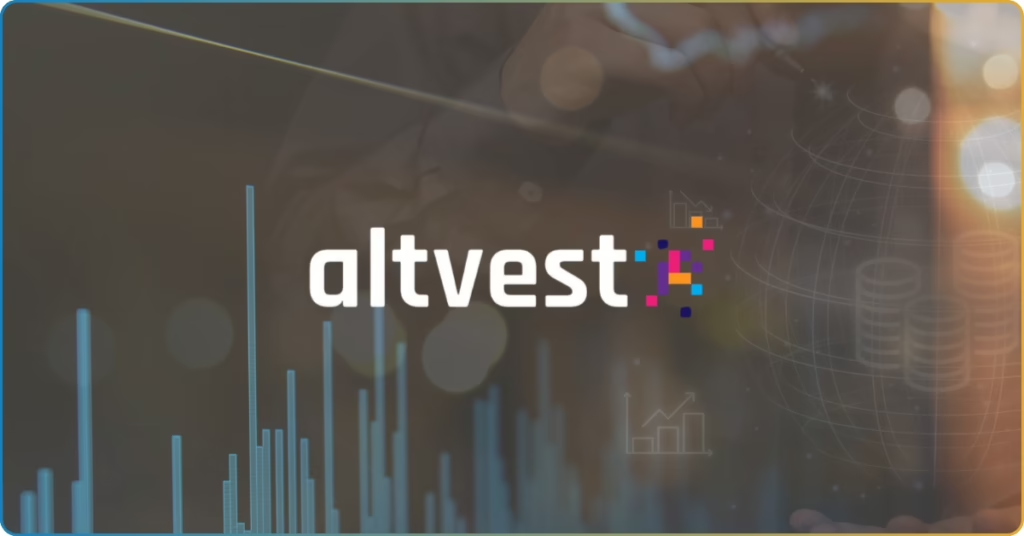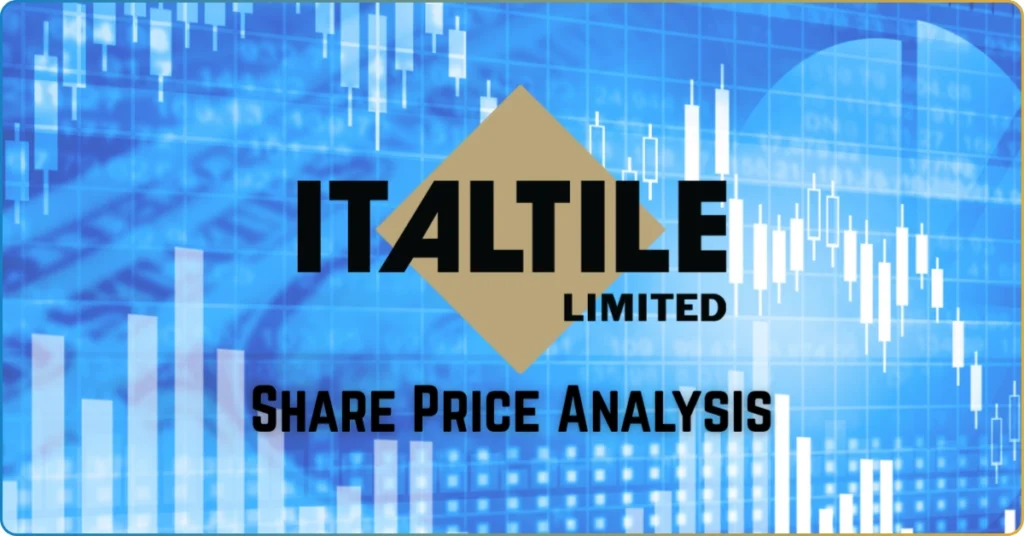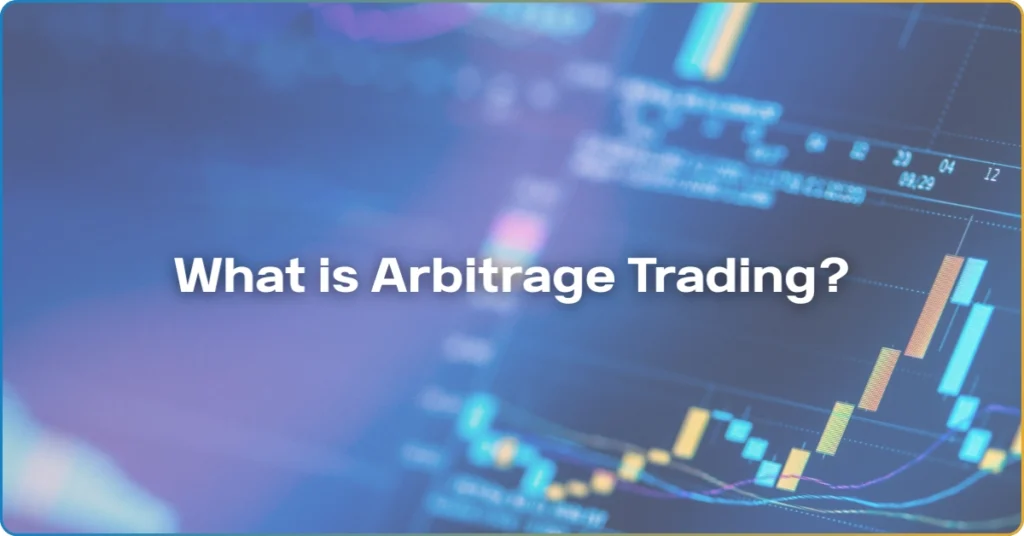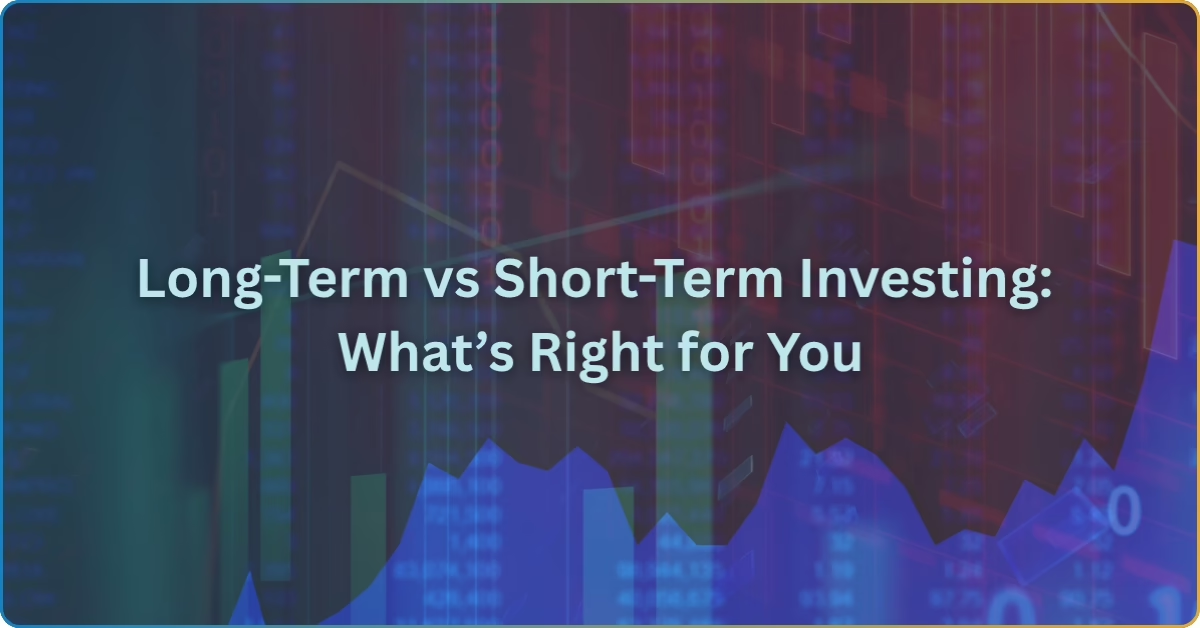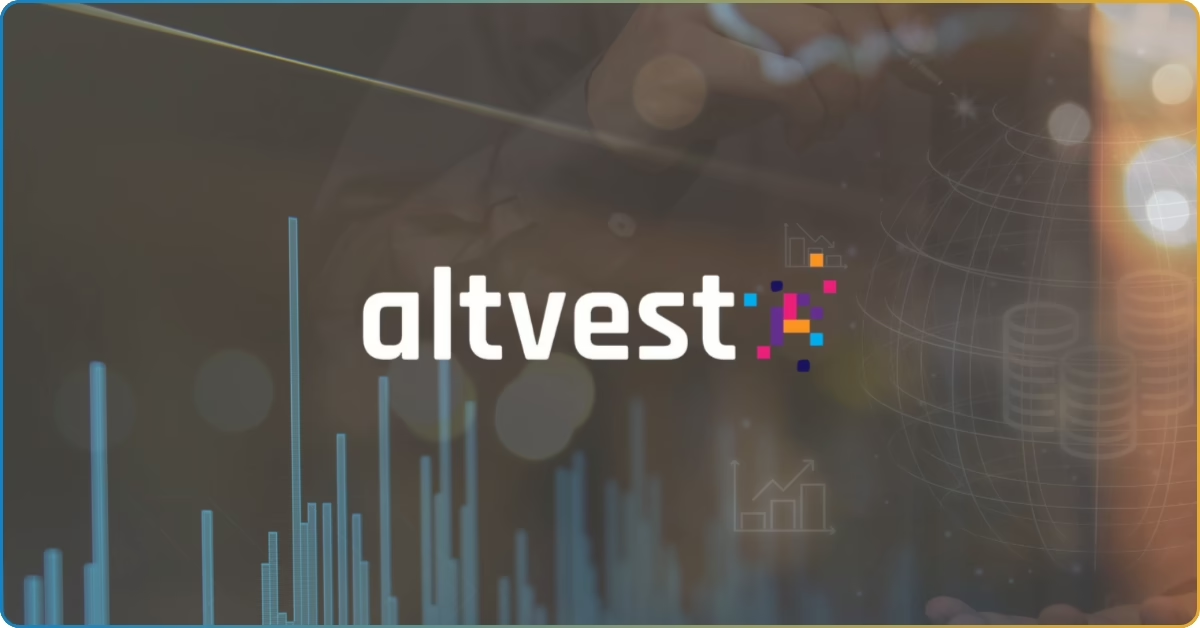Sasol and Eskom, supported by the Electricity and Energy Department, have signed a Memorandum of Understanding to urgently address South Africa’s looming “gas cliff.” This comes after Sasol announced an end to gas supply by mid-2027, threatening the country’s economic stability.
Below we discuss the MoU, industry insights, and what it could mean for SA investors.
Key points
- SA industrial gas supply could end by 2027, threatening the country’s economy
- Sasol and Eskom signed an MoU to address the looming gas crisis and explore energy alternatives
- Other industry players are eager to collaborate with the govt, Eskom, and Sasol for long-term solutions
South Africa is facing a ‘gas cliff’ crisis
Sasol, South Africa’s only natural gas supplier, announced that it would halt supply in the country by June 2027 due to dwindling reserves. This would mean a halt in Liquefied Natural Gas (LNG) supply to the country’s biggest manufacturing provinces, such as Gauteng, Mpumalanga, and KwaZulu-Natal, which contribute 56.3% collective output to the country’s GDP.
This poses a real threat to South Africa’s economic stability.
Threats to industry
According to EE Business Intelligence, a gas cliff could cause irreversible damage to key industrial sectors such as steel, glass, food, and automotive manufacturing.
Gas is a finite natural resource, making shortage inevitable. However, Sasol’s announcement to stop supply by mid-2027 would abruptly devastate the economy.
Meanwhile, this would also put around 400,000 jobs at stake, as many manufacturers will have to close operations, according to James Mackay, Chief Executive of the Energy Council of South Africa.
Damage to low-income households
Many households rely on gas for cooking, lighting, and heating, as it remains one of the cheapest sources of energy.
If Sasol or the government is unable to find alternative supplies of cheap energy, the country would heavily rely on imported gas.
This would mean high production costs for manufacturers, which would be passed on to higher consumer prices.
No alternatives in sight
As Sasol is a monopoly, there are no readily available alternatives for industrial gas users.
Sasol is the sole developer, operator, and major shareholder of the Pande-Temane gas fields in Southern Mozambique and imports LNG to South Africa through the Republic of Mozambique Investments Company (Rompco) pipeline.
This pipeline supplies about 90% of SA’s gas demand.
Industry players have warned that because Sasol has monopolized the gas supply, there are no readily available supply alternatives.
Jaco Human, Executive Officer of the Industrial Gas Users Association of South Africa (IGUA-SA), said that there is no alternative to gas for most industries that use it, especially given the unstable electricity supply.
Meanwhile, other energy sources such as diesel, fuel, and oil, remain expensive and impractical.
Attempts to avoid a gas crisis
Sasol and Eskom signed a Memorandum of Understanding to explore, plan, and distribute gas to the market past 2027 as a response to the looming gas cliff and growing distress from industry players.
This marks one of the first public signs of serious and concerted efforts by the public and private sector to address gas supply concerns.
What is the Eskom-Sasol MoU?
In September 20, 2024, Sasol and Eskom signed a Memorandum of Understanding to facilitate, expedite, and aggregate demand for imported LNG for industrial gas users in South Africa.
In other words, the Eskom-Sasol bilateral is meant to ensure long-term gas and energy supply for South Africa.
The latest MoU states that the two parties would collaborate in exploring and researching future sources of LGN in and out of the country.
Electricity Minister Dr. Kgosientsho Ramokgopa says the signing of the MoU is an important step in addressing the country’s gas demand and electricity cost.
“This collaboration between our two energy champions – one public, one private – will provide a data-driven and commercially sound basis for gas-fed industrialization and for us to explore the well-worn path to lower carbon energy…” said the Minister.
Meanwhile, Sasol CEO Simon Baloyi says that gas will play an important role in South Africa’s transition from fossil fuels to clean energy solutions.
“The transition needs to be at the right pace…to make sure that we balance our nation’s needs for development, energy, security, and long-term sustainability because we don’t want to go backwards as a nation,” said Baloyi.
According to Energy Writer and Researcher Denene Erasmus, the MoU is an exploratory and research phase for LNG imports to South Africa. It is an important phase to find an alternative supply for all industrial users and understand if the public and private sector should invest in new infrastructure for LNG.
The research findings from the first phase of the Sasol-Eskom bilateral aim to guide role players and investors in determining the best steps to address South Africa’s long-term gas demands.
Consumers and industrial gas users have expressed hopefulness that the country’s two major energy companies are working together will accelerate solutions for the plunge in gas supply.
What do industry players think of the MoU?
The Industrial Gas Users Association of South Africa (IGUA-SA) has welcomed the attention that the SA government is giving to resolve the impending gas cliff.
IGUA-SA Executive Officer Jaco Human states that this MoU was important as the government has now grasped the urgency of the gas cliff, which has largely been ignored for over a decade. Human adds that the association was encouraged by the minister’s desire to address the issue as quickly as possible.
However, Human also highlights that a successful solution to the gas cliff requires the participation of the entire industrial-consumption sector that will reflect the collective interests of all stakeholders.
IGUA-SA suggests a multilateral gas aggregation effort to consolidate the fragmented market.
The group will also form “GasCo”, a platform in which the government, international oil companies, gas suppliers and transporters, financial institutions, and Sasol could participate.
What does this mean for investors?
South Africa’s new Government of National Unity has since been praised for its quick implementation of investment-friendly policies.
The private sector and parties involved in IGUA-SA (including giants such as Consol, Illovo Sugar, and Coca-Cola) have expressed hope that this will open new opportunities for international investment and development in the country.
Chris Yelland of EE Business Intelligence has stated that one positive opportunity has arose from the looming gas cliff – the restructuring of the gas supply industry.
“The monopoly that currently exists in the supply of natural gas in South Africa is seen as a source of underinvestment, excessive gas prices,” said Yelland.
He explained that ownership of gas supply, transmission pipelines, and operation of the pipelines should be separated.
Ultimately, this would attract more investment and competitiveness and avoid the monopoly conducted by a single, dominant business.
The private sector, through the IGUA-SA, has stated that it looks forward to ongoing engagements with the Energy Minister and other stakeholders, such as Eskom and Sasol, to find long-term solutions for the gas cliff.
Get the latest industry insights on CommuniTrade
Keep up-to-date with the South African and global financial markets. Ask questions, verify analysis, and start thought-provoking discussions with verified traders.

